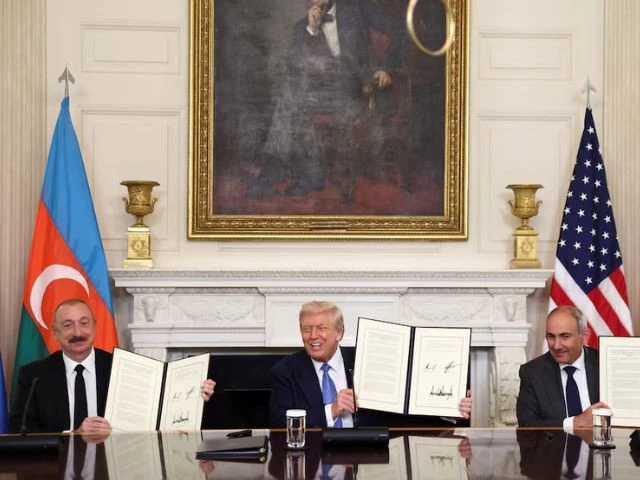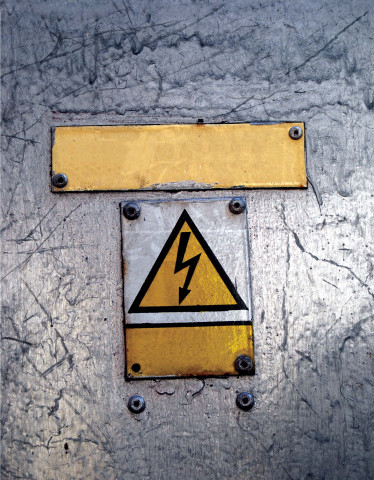Peace in the South Caucasus: A New Era for Armenia and Azerbaijan
A historic peace agreement between Azerbaijan and Armenia was recently signed, much to the delight of many in the South Caucasus and beyond. Brokered by the U.S. under the leadership of President Trump, this deal aims to normalize relations between these two nations that have faced decades of conflict.
For 35 long years, Armenia and Azerbaijan’s relationship has been strained, primarily due to the territorial disputes over Nagorno-Karabakh. This mountainous region, which is predominantly inhabited by ethnic Armenians, had long been a bone of contention. With Azerbaijan regaining full control of the area in 2023, the hope for peace seemed remote. However, the recent agreement, celebrated at a White House ceremony, marks a significant turning point.
During the signing, President Trump remarked, "They fought and now they’re friends, and they’re going to be friends for a long time." This sentiment resonates deeply with those who have witnessed the turmoil over the years. Many believe that establishing diplomatic relations and respecting territorial integrity will pave the way for a lasting peace.
The agreement includes exclusive U.S. development rights to a new strategic transit corridor. This corridor is expected to facilitate greater energy exports and enhance trade relations between the two countries. Additionally, U.S. cooperation in areas like technology and artificial intelligence is set to expand, which could bring about economic benefits for both sides.
Prime Minister Shehbaz Sharif of Pakistan welcomed this landmark agreement, highlighting its potential to foster a new era of peace in the region. The implications extend far beyond the immediate parties involved; the deal could also impact geopolitical dynamics in the Caucasus, particularly in relation to Russia, which has historically influenced the region.
Experts predict that by reducing tensions, this agreement could open the door for Azerbaijan to join the Abraham Accords, which have seen normalization deals between Israel and several Muslim-majority nations.
Yet, while the agreement has been hailed as a monumental achievement, skepticism remains. The long history of failed negotiations and violence raises questions about the sustainability of this newfound peace. Continued U.S. involvement will be vital in ensuring that this deal doesn’t become another chapter in a long tale of conflict.
The peace deal holds promise, not just for Armenia and Azerbaijan, but for broader regional stability. As developments unfold, staying informed will be essential for anyone interested in global politics. For those looking to delve deeper into this and other transformative agreements, connecting with platforms like Pro21st can provide valuable insights and updates. Let’s hope this peace agreement leads to meaningful, lasting change.





